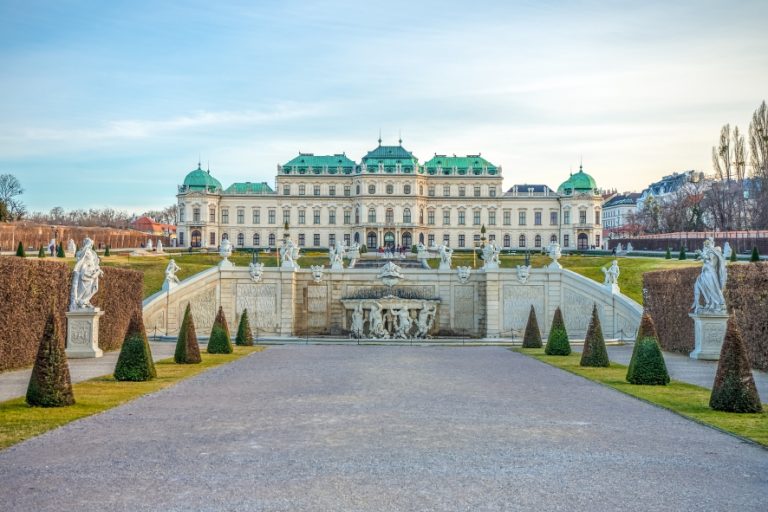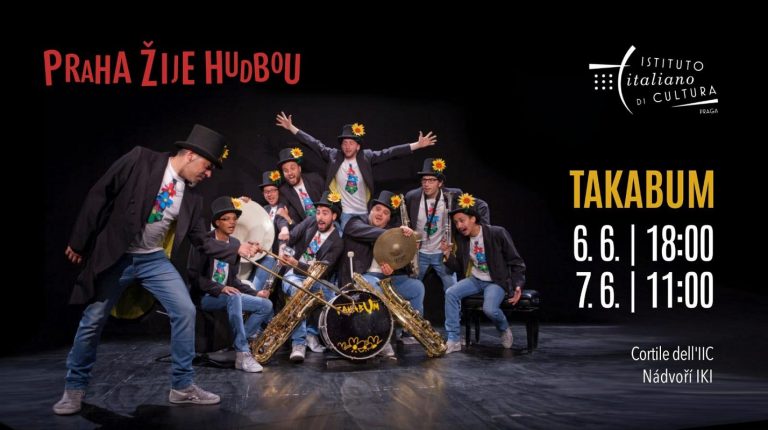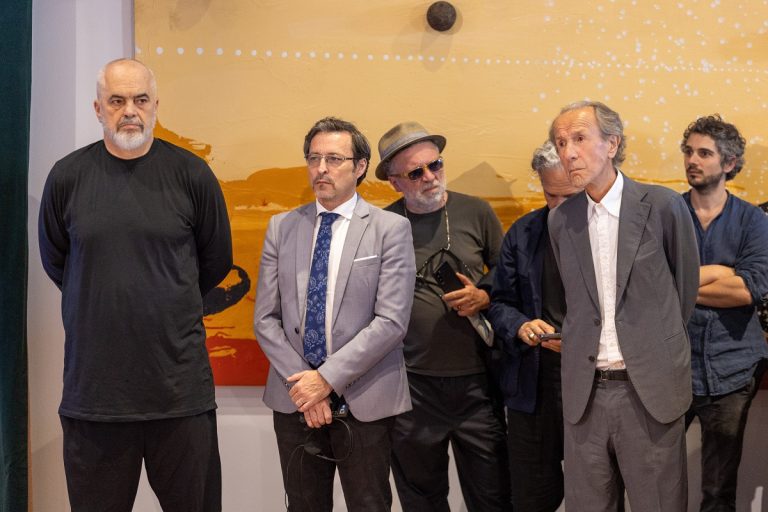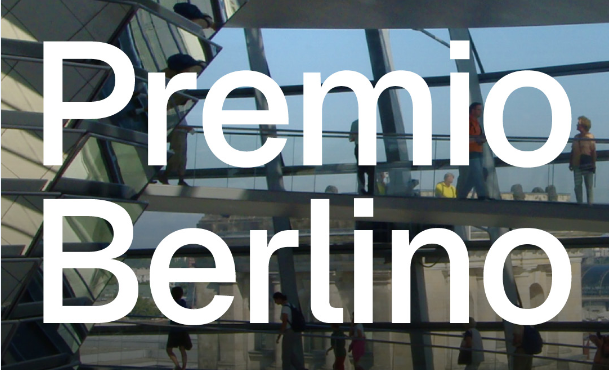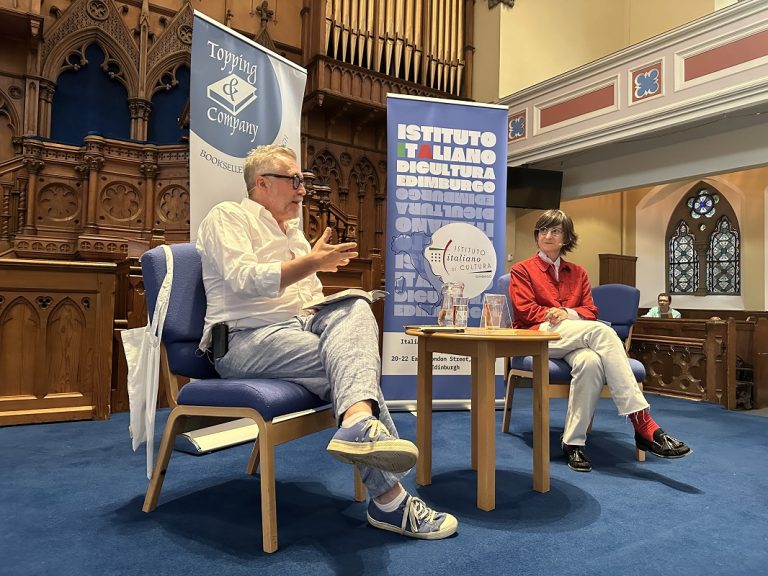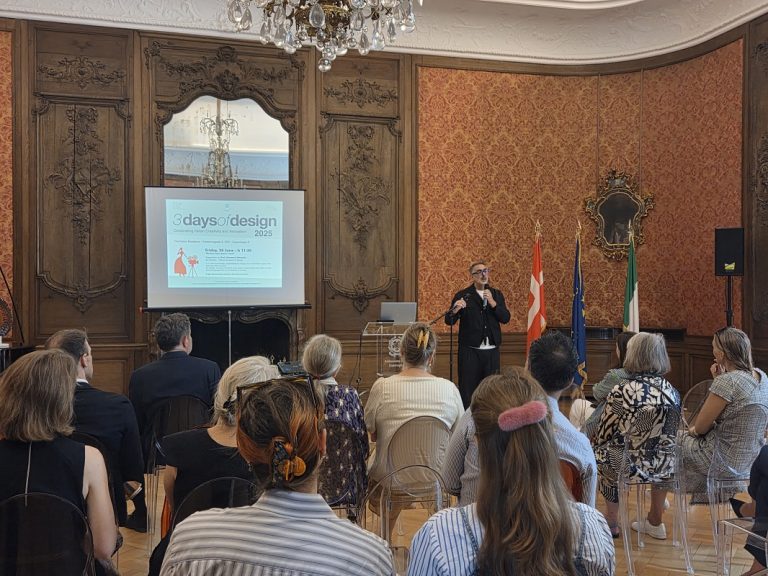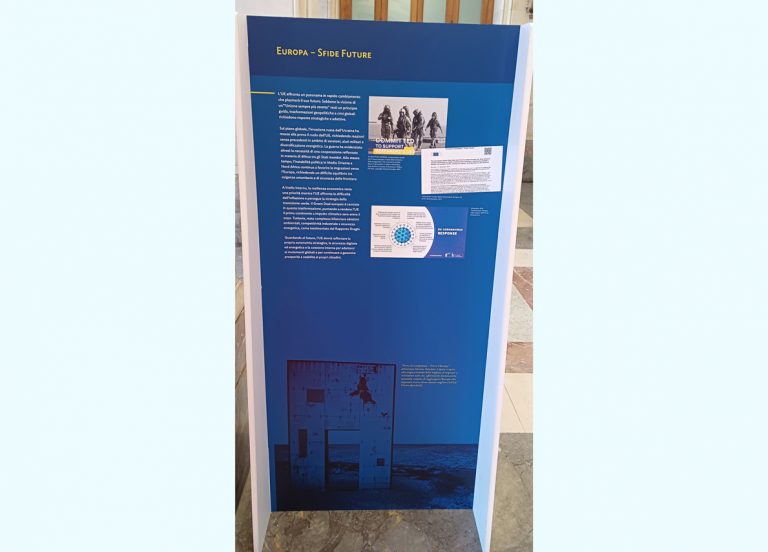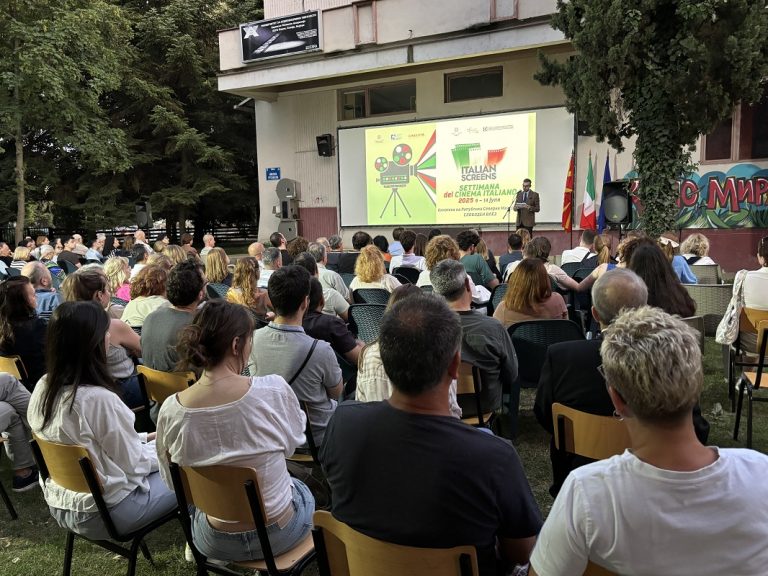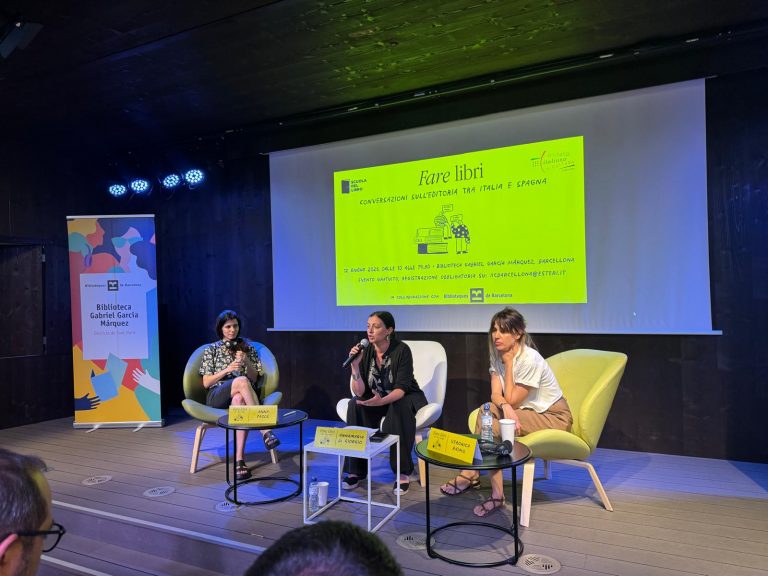As part of the parallel activities with the Royal Theater of Madrid, on the occasion of the production of La Bohème by Giacomo Puccini, on stage at the Royal Theater until January 4, 2022, coproduced with the Royal Opera House of London and the Lyric Opera of Chicago, and directed by Maestro Nicola Luisotti, the Italian Institute of Culture in Madrid is presenting an exhibition and musical event dedicated to the great composer, librettist and “eccentric” Italian poet Arrigo Boito.
The exhibition, Arrigo Boito 1842-1918, can be seen at the Spazio Dante of the Italian Institute of Culture in Madrid from December 23 until January 28, 2022, and was curated by the Institute for Theater and Melodramma of the Giorgio Cini Foundation, in collaboration with the National Committee for the celebration of the hundredth anniversary of Boito’s death, conceived with the intent of presenting the public at large with an overview of the life and works of the great artist.
He was a friend of Rossini and of Verdi, and had a relationship – that could also be said to be dualistic – with the work of Wagner. He is best known for having written the librettos for important operas destined in time to occupy significant positions in operatic history, almost always under the anagrammatic pseudonym of Tobia Gorrio. He also wrote the libretto for La Gioconda by Amilcare Ponchielli, as well as Eros and Leander, which he wrote for himself in 1871 but later sold to Giovanni Bottesini, Pier Luigi Farnese for Costantino Palumbo, La Falce for Alfredo Catalani and Un tramonto for Gaetano Coronaro.
For Giuseppe Verdi, with whom he had previously fallen out in 1863 on account of an offensive ode (To the Health of Italian Art), he wrote Othello (1887) and Falstaff (1893), both taken from Shakespeare, and also made a number of significant changes to Simon Boccanegra (1881). Over the course of their long collaboration, in spite of the unfortunate earlier episode, the two artists developed a deep and sincere friendship, in addition to the admiration they had for each other.
Visitors to the exhibition will be accompanied on their visit by Boito’s musical compositions and some of his most famous librettos.


